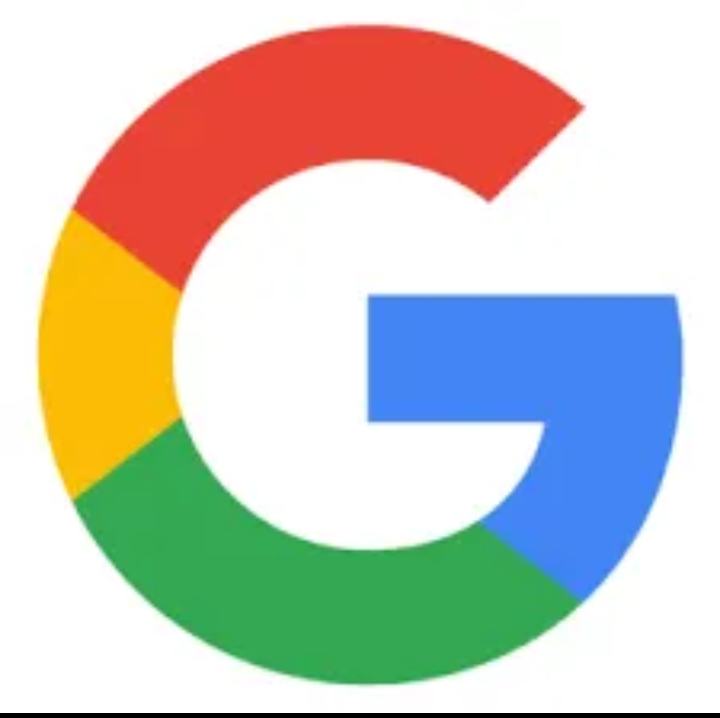Your website can experience page indexing issues on Google for the following reasons:
Why Google Isn't Indexing Your Pages

1. Lack Of Crawl Budget
Google may have a crawl limit, which restricts the number of pages it can crawl within a given time frame. If this is the issue, you'll need to wait for a longer period before the pages can be crawled and potentially indexed.
2. Poor Website Structure
Your website's organization, design, and navigation can contribute to page indexing issues if it's not handled properly. Some common issues can be:
- Lack of semantic tags:
Failing to use HTML tags like header tags (H1, H2, etc.), meta descriptions, and alt text, making it hard for search engines to understand your content. - Poor navigation system: A complex or disorganized menu and linking structure that makes it difficult for search engines to crawl and index your pages.
- Duplicate content: Having identical or very similar content on multiple pages, causing search engines to struggle with indexing and ranking.
If these issues are not addressed, Google may struggle to index your site, leading to reduced visibility and search engine rankings.
3. Broken Or Dead Links
Broken links, or dead links, are hyperlinks that point to non-existent, moved, or deleted web pages, resulting in a 404 error, and can negatively impact page indexing by:
- Wasting crawl budget, as search engines follow dead links and find no content
- Potentially lowering website authority and ranking due to poor user experience and site maintenance
- Creating a poor user experience, leading to higher bounce rates and lower engagement
Fixing broken links is essential to maintain a healthy website and ensure proper page indexing.
4. Canonicalization Issues
Canonicalization is the process of specifying a preferred version of a webpage to search engines, it is important when there are multiple versions of the same content(e.g., duplicate pages, HTTP/HTTPS versions, or URL parameters).
You can achieve this by including a canonical tag in the head section of your preferred webpage.
-
<head> <title>Canonical Tag</title> <link rel = "canonical" href ="https://your-website.com" /> </head>
Incorrect or missing canonicalization can reduce page indexing and ranking, always make sure to specify a canonical url in order to improve your website's SEO.
5. Poor Technical SEO
Technical SEO refers to the optimization of a website's technical aspects to improve search engine optimization. Poor technical SEO can hinder search engines' ability to crawl and index pages, leading to:
- Reduced indexing rates
- Lower search rankings
- Poor user experience
A comprehensive guide to technical SEO best practices has been published for free in this link Basic Tech SEO.
In summary, Google may not index pages if they are unable to crawl or understand the content. It is essential to handle these issues in your site to have a higher chance of getting your pages indexed.